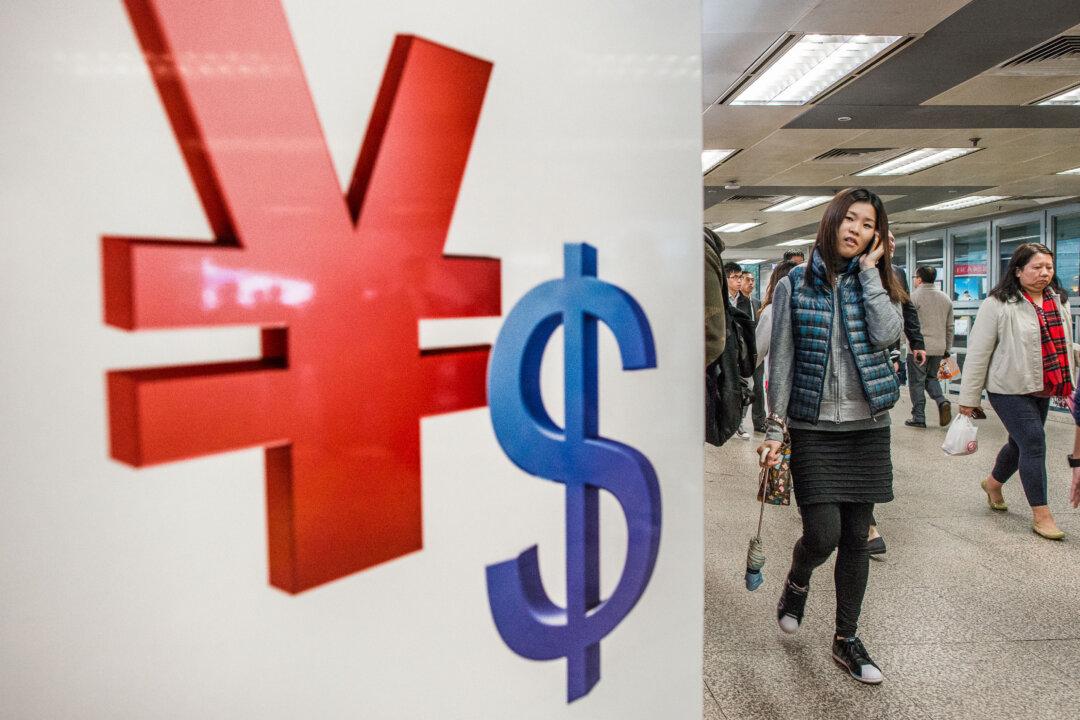Offshore income scams orchestrated to obtain loans from local banks, along with the massive transfer of illegal funds from China to Canada, have caused significant harm to the Canadian real estate market, a recent investigative report has indicated.
On Feb. 6, The Bureau, a Canadian investigative news site, published the results of an investigation prompted by a whistleblower at the Hong Kong and Shanghai Banking Corporation (HSBC) of Canada. The whistleblower, whom The Bureau identified as “D.M.,” alleged that Toronto-area HSBC branches had issued millions in home loans to Chinese diaspora buyers claiming improbable incomes or non-existent jobs in China. The Bureau published a follow-up report on Feb. 16.





